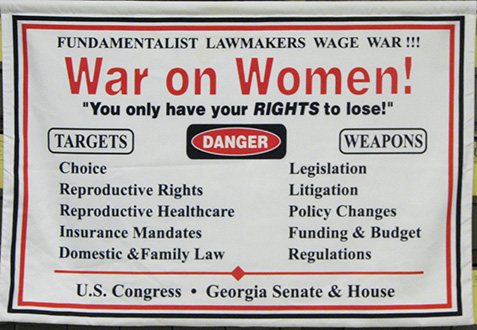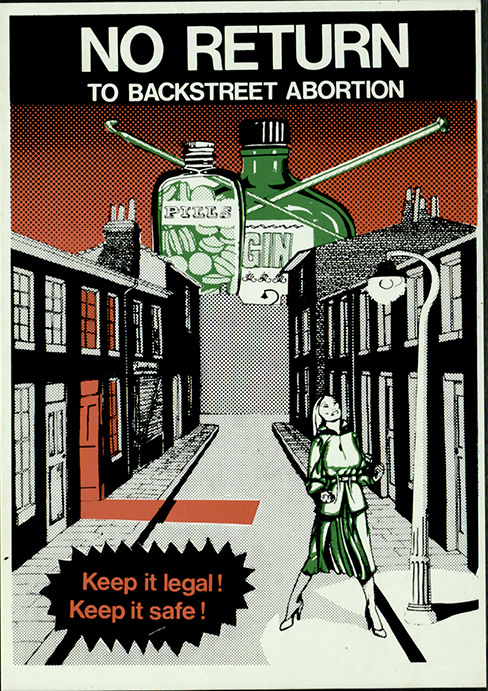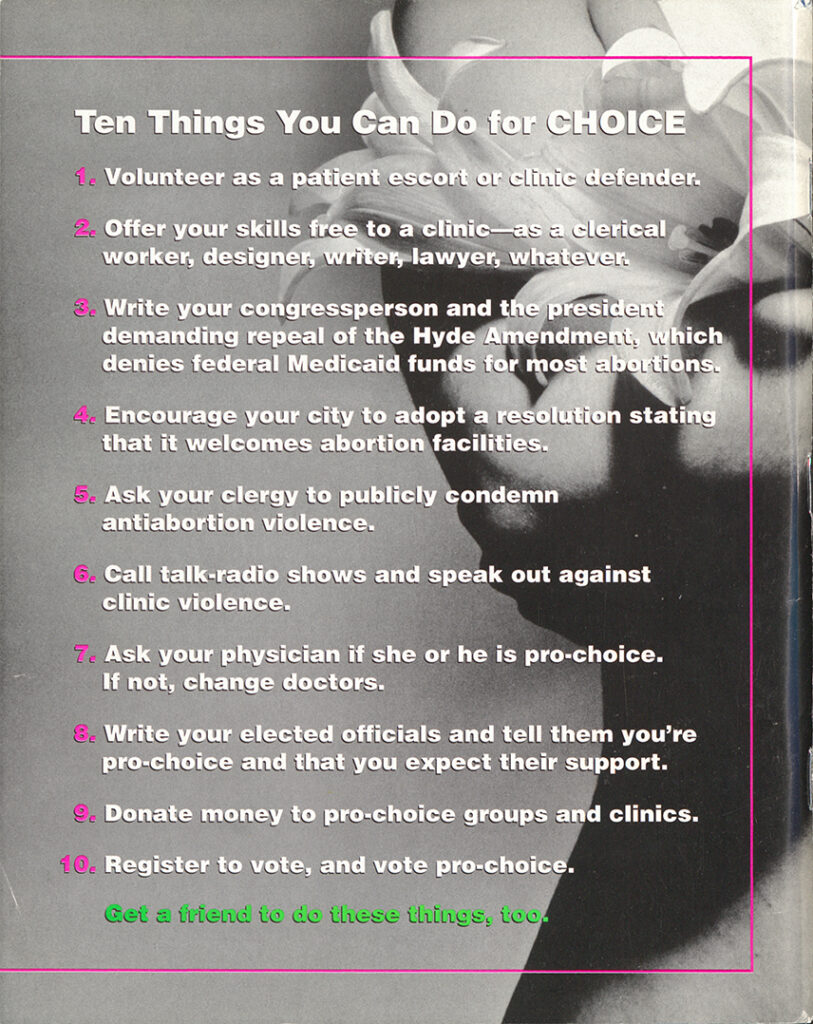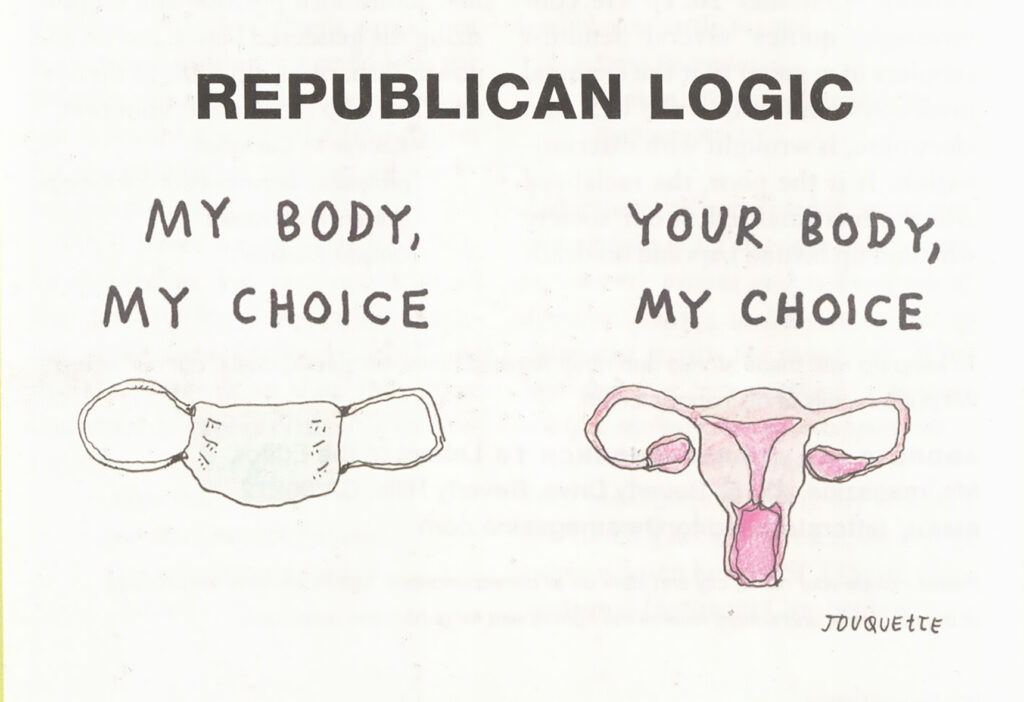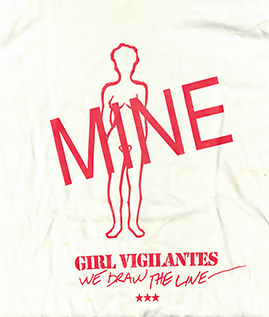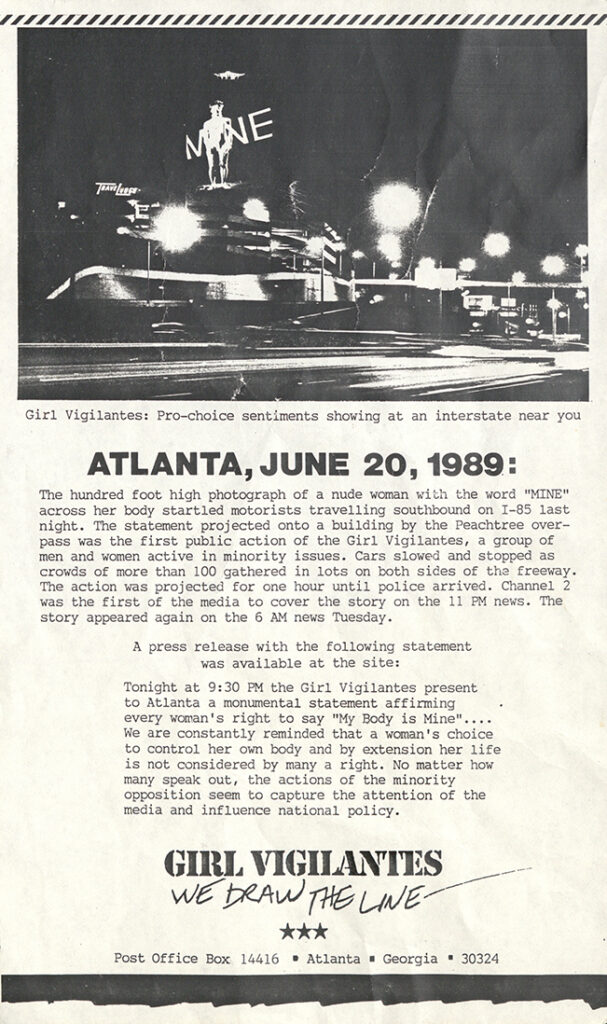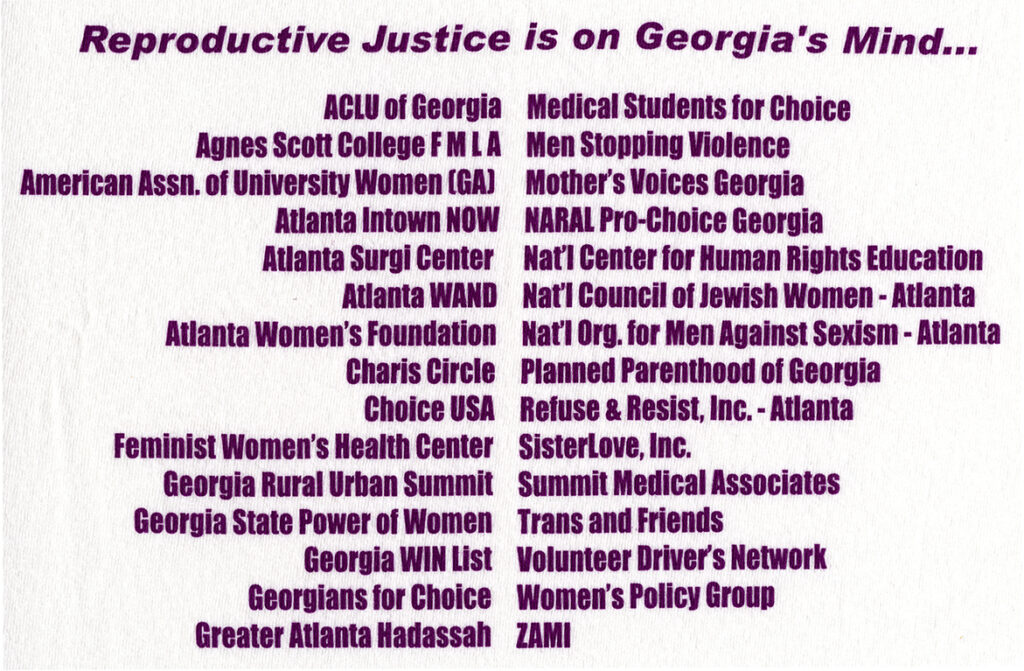What Comes Next?
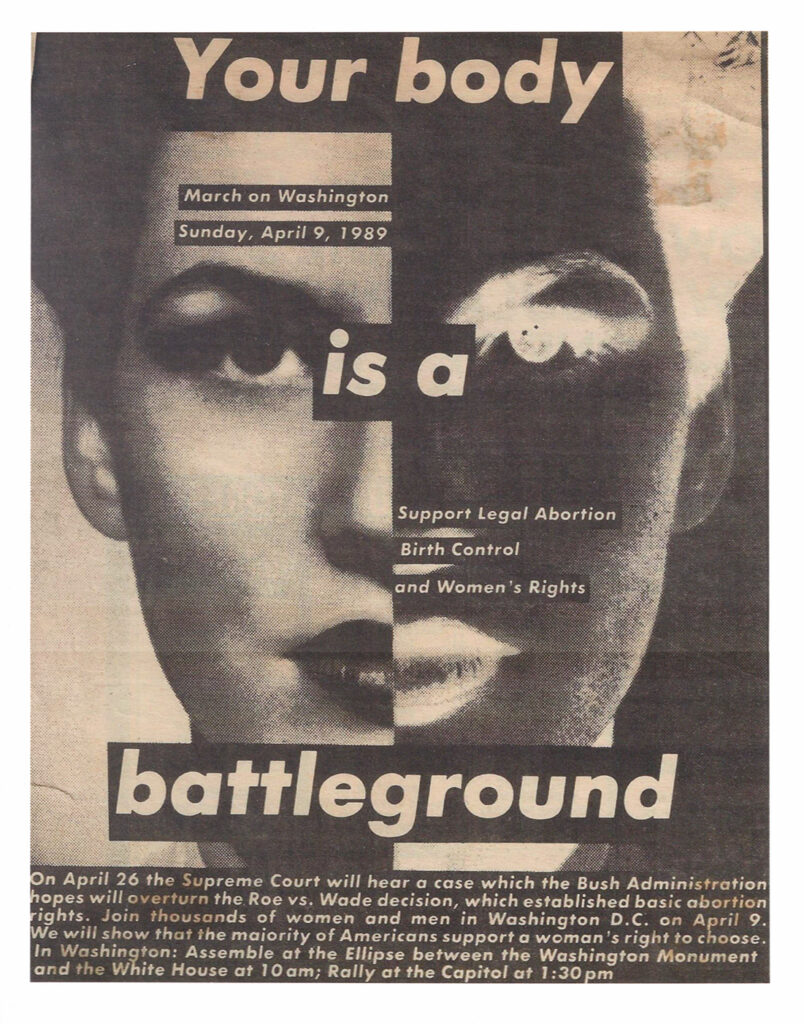
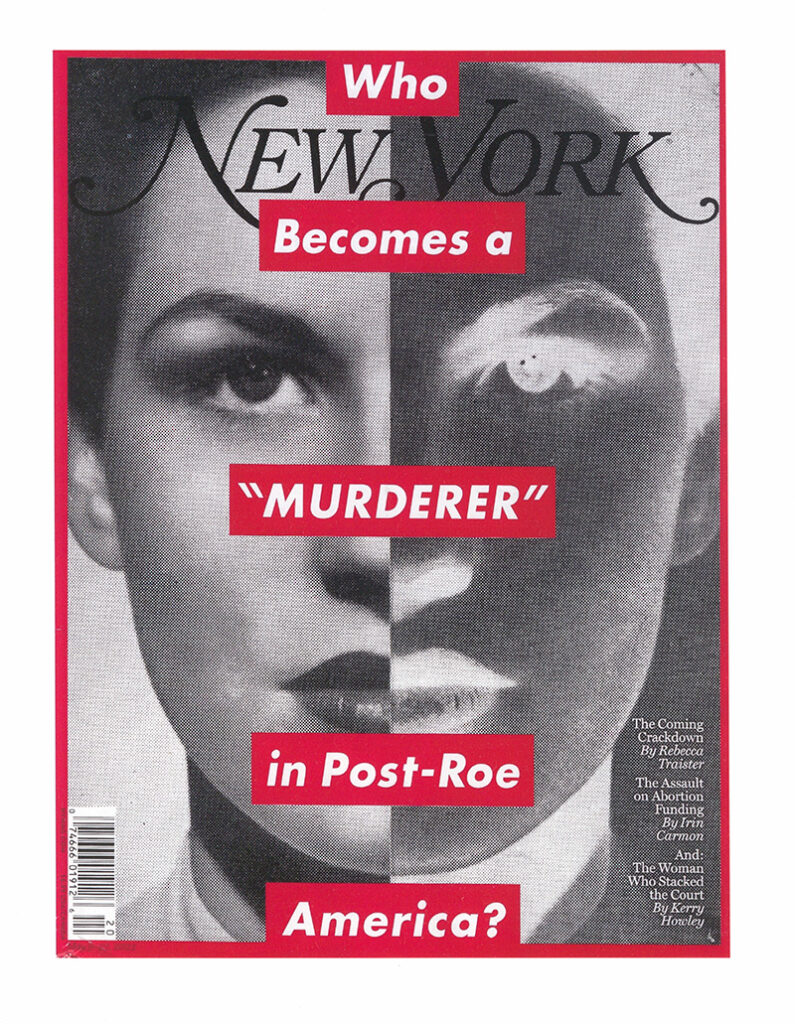
Not all women’s health centers perform abortions. Many who do have had to limit their hours and appointments due to harassment, protests, and threats of violence. Mississippi’s last remaining abortion clinic became a battleground when the Supreme Court began hearing arguments in Dobbs v. Jackson Women’s Health Organization in 2021.
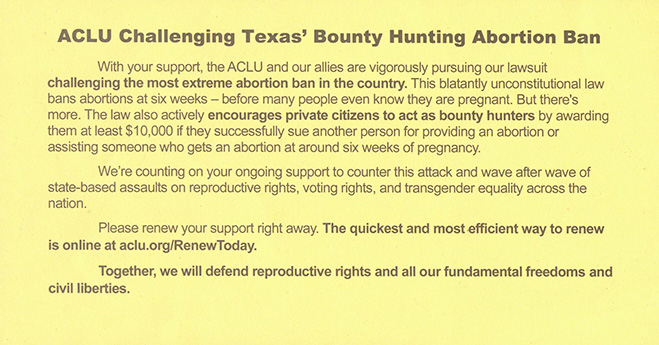
This case led to the overturning of Roe v. Wade. Abortion is now illegal in Mississippi, as well as 11 other states, in accordance with trigger laws that prohibit all forms of abortion procedures. Some states, like Texas, encourage the demonization of not only doctors who perform abortions, but anyone who receives or facilitates reproductive care, through bounty hunter legislation.
Following the June 24, 2022, verdict of Dobbs v. Jackson Women’s Health Organization, many people fear that even more restrictions on reproductive care will arise. The Dobbs majority opinion, written by Justice Thomas, suggests that other landmark SCOTUS rulings should be reconsidered, including Griswold v. Connecticut (which granted married couples access to contraceptives), Lawrence v. Texas (which removed criminal consequences for consensual sexual acts, including sodomy), and Obergefell v. Hodges (which legalized same-sex marriage). Though Justice Thomas’ recommendation does not compel the Supreme Court to overturn these cases, it does invite new questions: What does the right to privacy mean, and how can it be ensured for generations to come?
The Girl Vigilantes was an anonymous group of political activists (men and women) in Atlanta, Georgia, who used images and action to draw attention to reproductive rights and other social issues. They specialized in public statements, usually visual, that combined powerful imagery, wit, and surprise.

